When British Bangladeshi Blood Kills Blood: A Community's Heart-Wrenching Cry for Answers
In the vibrant heart of Tower Hamlets, a borough renowned for its thriving British Bangladeshi community, an unspeakable shadow has fallen. In less than two months, two horrific incidents have shattered the peace, leaving families decimated and a community grappling with profound questions about the erosion of once-cherished values. These are not just isolated crimes; they are visceral testaments to a profound breakdown within the very fabric of family life.Both families were Sylhety.
The first tragedy struck on Wednesday, April 30, in Pickard Gardens, Mile End. A 20-year-old British Bangladeshi man, whose father originated from Golapgonj, Sylhet, Bangladesh, was fatally stabbed inside his flat. What quickly emerged from local sources and community whispers was a horrifying truth: this was a suspected brother-on-brother killing. Police swiftly arrested family members, including a 17-year-old boy, the suspected perpetrator, alongside two women, aged 25 and 41, who were later released. The victim, Hasan, whose father, Mr. Salah Uddin, had last seen him a year prior, was tragically pronounced dead at the scene despite immediate medical efforts. This family, reportedly residing in the area for three generations, is now shattered, their grief compounded by the unfathomable nature of the crime.
This heartbreaking incident casts a long shadow, drawing parallels with other instances of family violence within the East London Bangladeshi community, such as the 2016 case where Juhel Ahmed murdered his 36-year-old brother Ruhel over a dispute involving broken plant pots. Such past events highlight how seemingly minor disagreements can tragically escalate within families, especially when underlying tensions exist.
Before the shock of the Mile End tragedy could even begin to subside, an equally horrifying event unfolded. Less than two months later, on Thursday, June 26, at approximately 11:01 PM, police responded to reports of a stabbing at an address on Monier Road in Bow. There, they discovered a woman in her late 40s, a Bangladeshi mother, with fatal stab wounds. The perpetrator: her own son. Layek Miah, 27, of Malmesbury Road, Tower Hamlets, the deceased woman's only son, was subsequently charged with her murder. The victim, described by neighbours as a "very kind and family-oriented woman," had five daughters in addition to her killer son. The father, a regular worshipper at the local mosque, returned from Isha prayers to discover a scene of unimaginable horror. It remains unclear whether the killing was premeditated or the result of a sudden, explosive argument.
Councillor Abu Talha Chowdhury, Cabinet Member for Safer Communities for Tower Hamlets Council, confirmed the horrific nature of the crime, stating that a domestic homicide review would be initiated. The community is stunned by the gruesome irony of a son, born from the very womb of his mother, taking her life in her own bedroom. Detective Superintendent Mike Cagney, leading policing in Tower Hamlets, reassured residents that this was believed to be an isolated incident, with no wider threat to the public, while emphasizing increased police presence to reassure a reeling community.
These two unspeakable acts, within such a short timeframe and in a community as close-knit as the British Bangladeshi population of Tower Hamlets, demand a profound and agonizing introspection. "Joint family was the tradition of Bangladesh," the user's initial reflection reminds us, highlighting a core cultural value now seemingly in peril. So, why, in a society as developed as the UK, is blood killing blood? Are these failures of family, ethical, religious, or educational values?
The traditional Bangladeshi joint family, a cornerstone of support and communal living, is gradually giving way to nuclear families in the UK, often due to practicalities like housing shortages. While this shift is not inherently negative, it can lead to a loss of inherent conflict resolution mechanisms and wider support networks that larger family structures once provided. The absence of elders or other family members who traditionally intervened in disputes might leave younger generations more isolated and prone to escalating conflicts.
British Bangladeshi youth often navigate a complex landscape, balancing the expectations of their heritage with the realities of modern British society. This can lead to significant intergenerational friction. Disagreements over lifestyle choices, financial independence, career paths, and even personal relationships can become flashpoints, particularly if communication channels are strained. The pressure to conform to traditional expectations versus the desire for individual freedom can create immense internal and familial tension.
A crucial, yet often overlooked, factor is mental health. Untreated mental health conditions, drug abuse, and other behavioural issues can severely impair judgment and lead to impulsive, aggressive acts. There may be a stigma within some communities around discussing and seeking help for mental health problems, leading to crises that fester until they erupt into violence. Furthermore, socio-economic pressures, including financial strain, unemployment, and cramped living conditions in urban areas like Tower Hamlets, can exacerbate existing family tensions, creating a volatile environment where arguments quickly spiral out of control.
Bangladeshi culture, deeply rooted in Islamic values, places immense emphasis on respect for elders, filial piety, and the sanctity of life. The Quran and Hadith contain numerous injunctions against violence, particularly within the family. These brutal acts beg the question of whether there is a disconnect between professed religious and ethical values and their practical application in daily life.
These tragedies are a desperate cry for help from within the community. They demand not just a police investigation, but a deep, collective introspection. Community leaders, religious scholars, educators, and mental health professionals must come together to address the underlying fissures. Strengthening family networks, promoting open and honest dialogue about difficult issues, destigmatising mental health support, and re-emphasising core ethical and religious values are crucial steps. This is not about assigning blame, but about understanding the complex interplay of factors that can lead to such devastating outcomes. The British Bangladeshi community in Tower Hamlets is resilient, vibrant, and proud. But the recurring nightmare of blood killing blood serves as a stark warning. It is a plea that the ink on such agonizing and barbaric narratives may, at last, run dry.
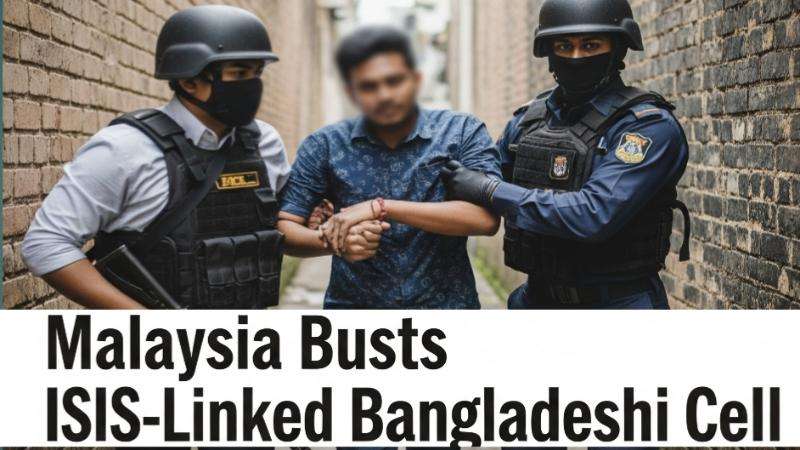

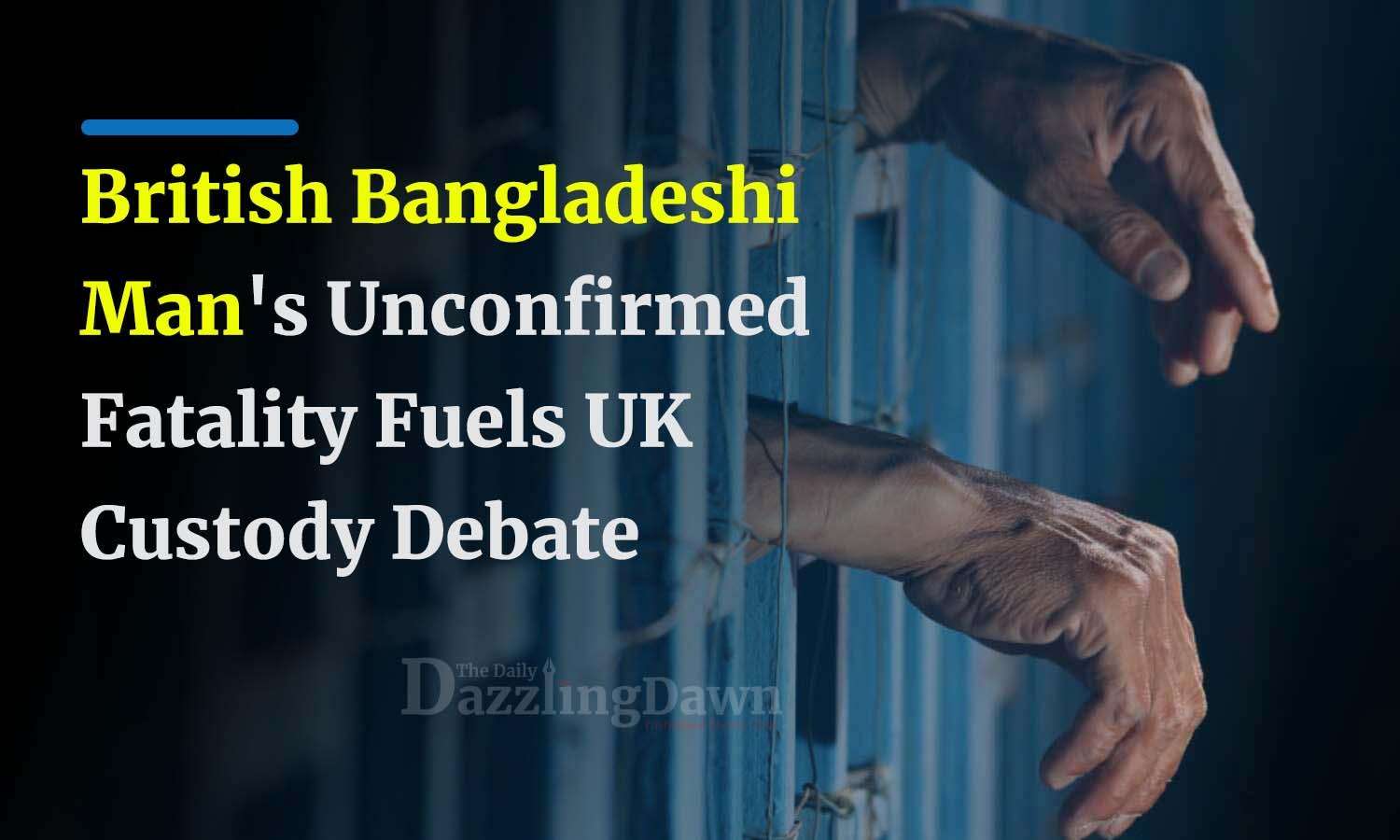

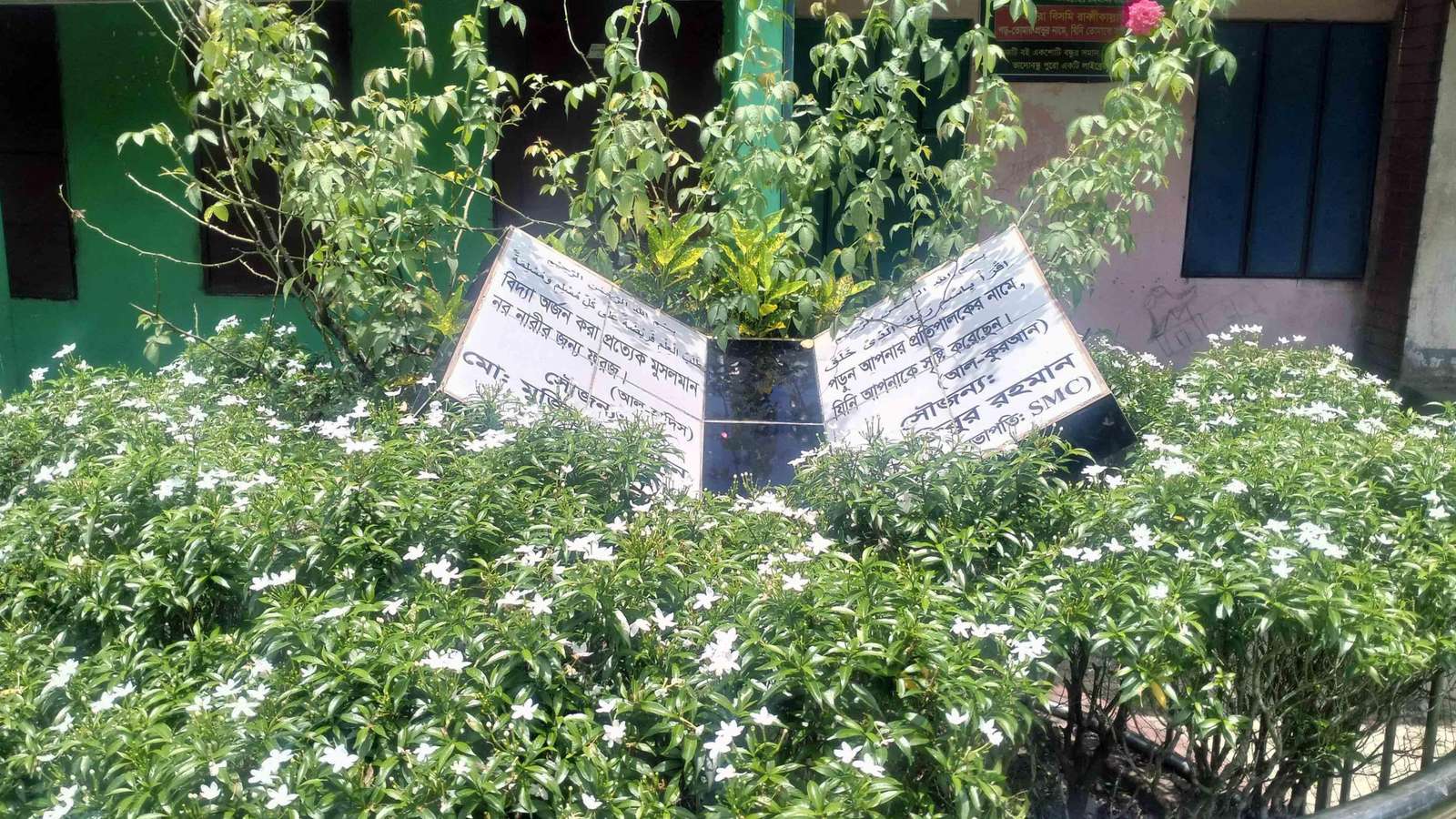


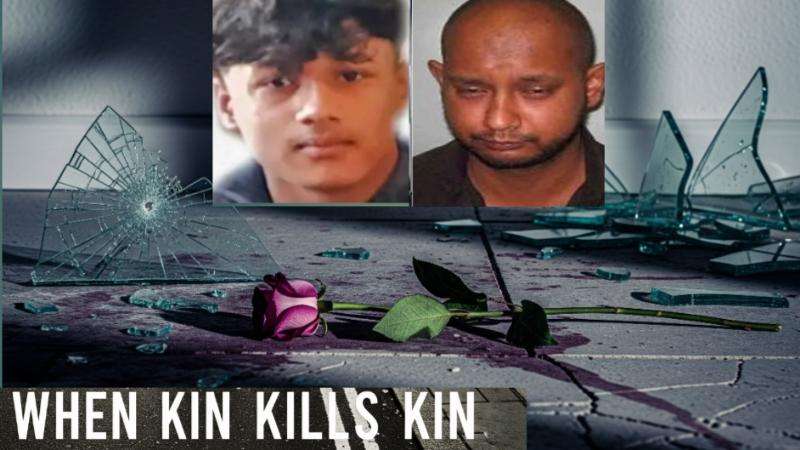
.svg)

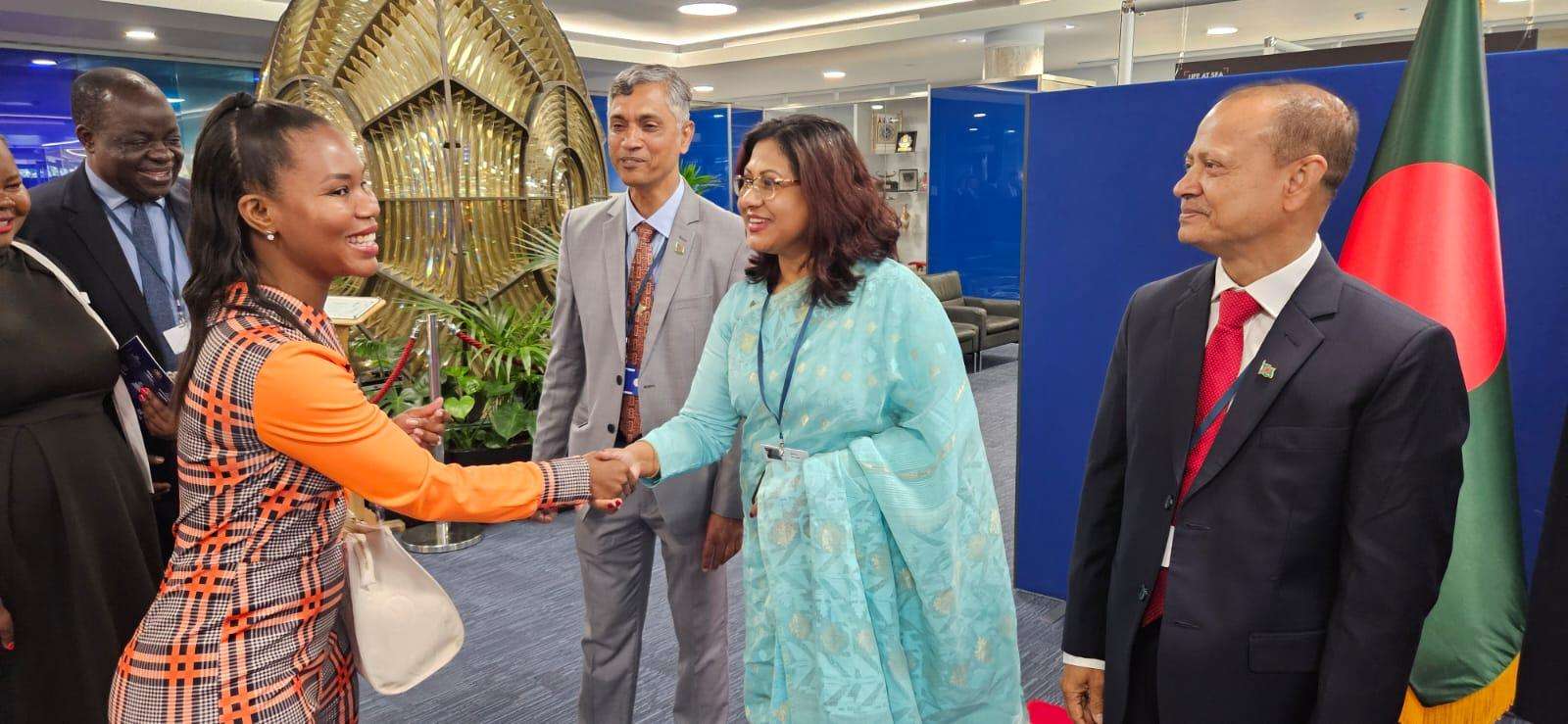

_5.jpg)
